To ensure the development in the practice of organic agriculture, the Agricultural Training Institute—Regional Training Center 02 spearheaded the Training on Organic Agriculture Production Technologies in support of the Composting Facilities for Biodegradable Wastes (CFBW) distributed by the Bureau of Soil and Water Management (DA-BSWM) to selected farmers and FCAs in the region. The training capacitated 33 Agricultural Extension Workers (AEWs) and farmer leaders on the Organic Agriculture Program at the ATI-RTC 02, San Mateo, Isabela, on March 24-28, 2025.
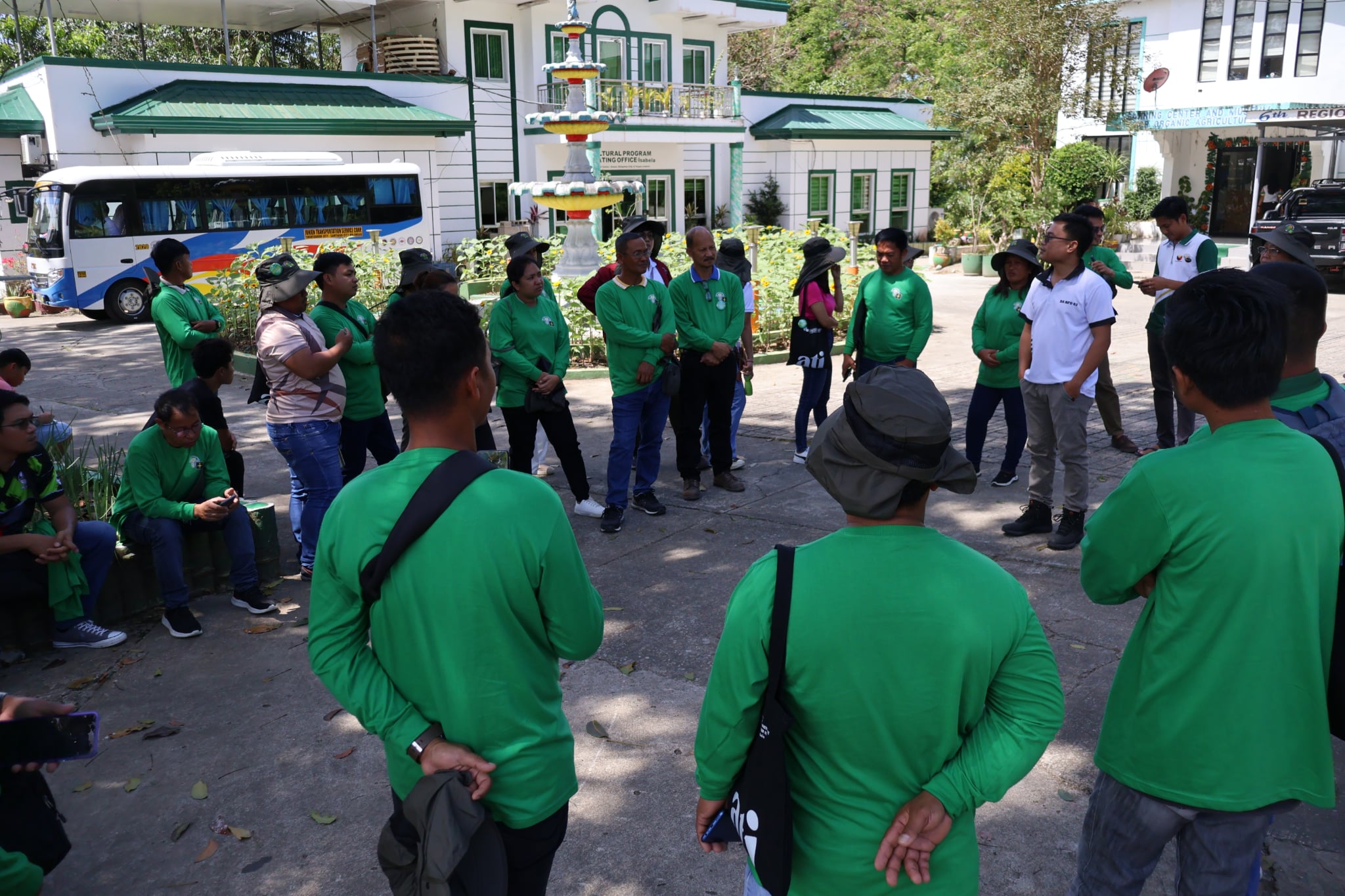
In her opening message, Dr. Claris Marayag-Alaska, OIC-Center Director of ATI-RTC 02, emphasized the importance of organic agriculture production technologies for all farmers and trainers to be updated in different organic farming technologies.
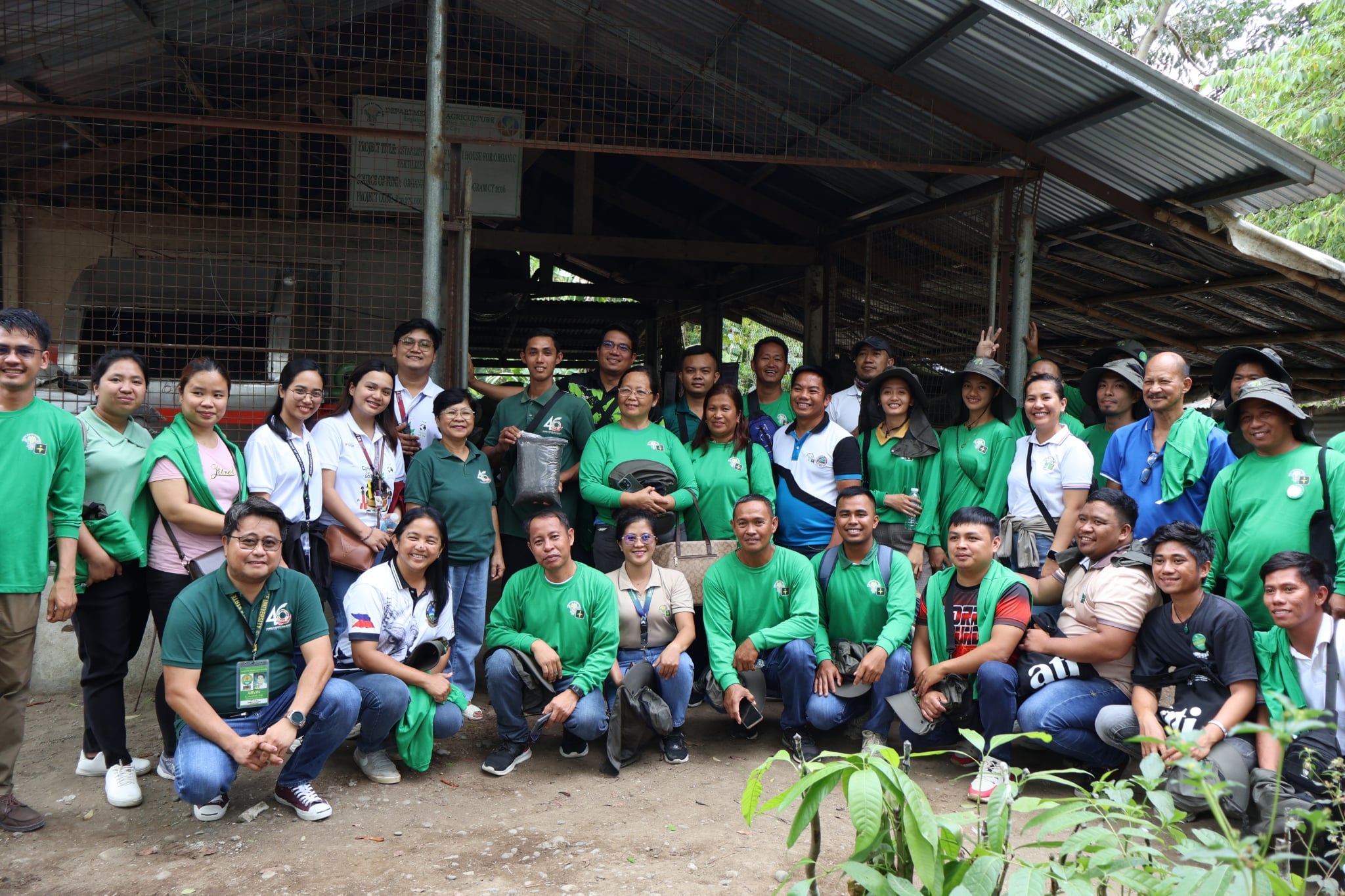
“The most relevant topic that I learned is the technical aspect and operation of the CFBW. It does not only hasten the decomposition process of Agri-waste, but it also provides livelihood to the recipients. If the facility is well maintained and used efficiently, it will significantly reduce waste and pollutants in the fields and turn them into a profitable compost/ameliorant/fertilizer that is also used in the organic agriculture production,” said Mr. Denver P. Noveno, agricultural extension worker from LGU Bagabag, Nueva Vizcaya.
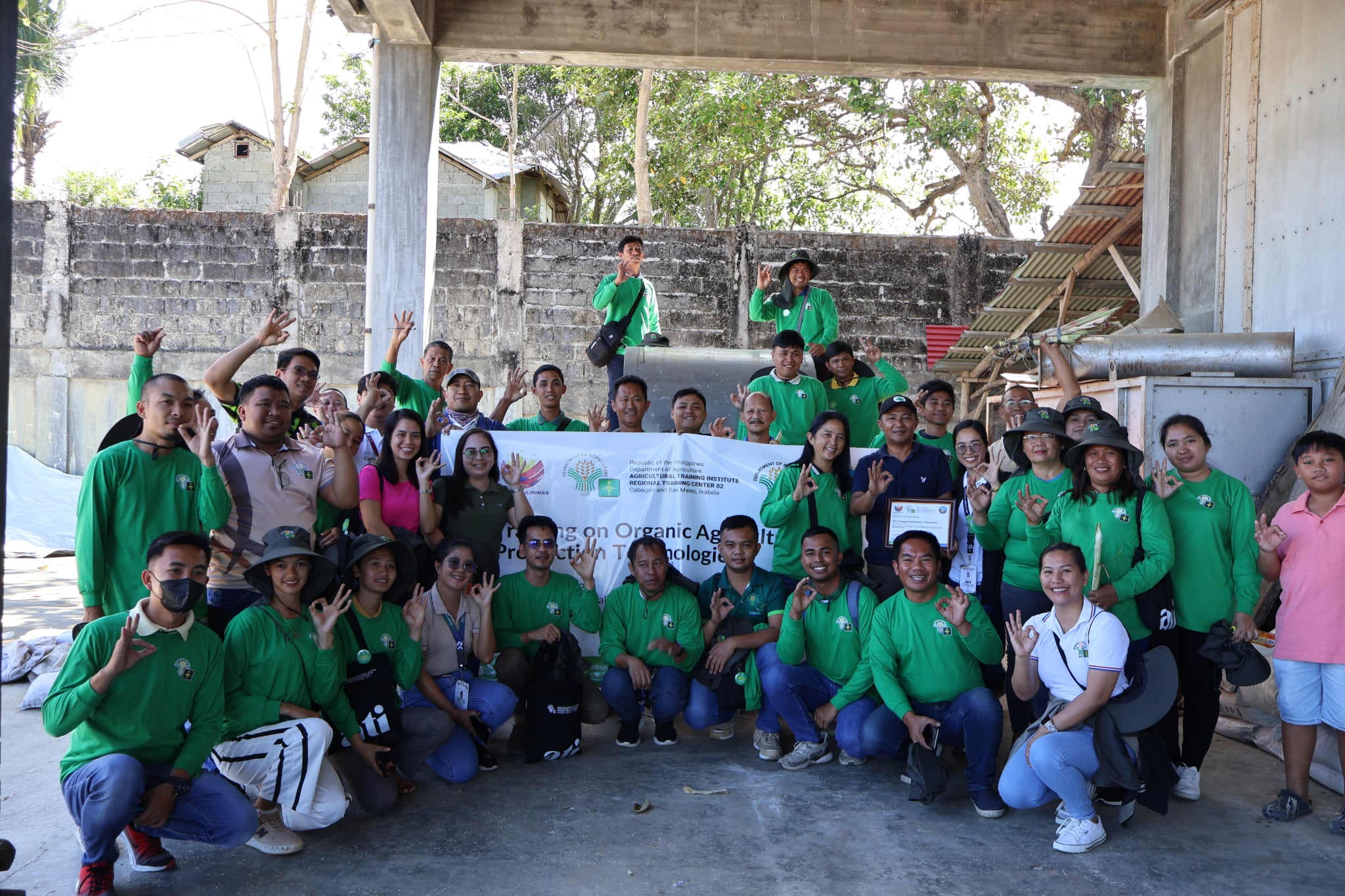
Organic agriculture experts and practitioners led the lecture discussion. Mr. George A. Caday, regional OA focal person, and Mr. Celestino A. De la Cruz, Jr., of DA-RFO 02 presented the updates on the Organic Agriculture Program and Participatory Guarantee Systems (PGS), respectively. Also, Dr. Artemio A. Martin Jr., a Professor VI, Dr. Batiana M. Mendoza, and Dr. Melchor C. Madrid, instructors from Isabela State University-Echague, discussed topics on understanding the soil as an important resource for organic agriculture, soil nutrients: functions and management, and biochar production using agri-waste materials, respectively.
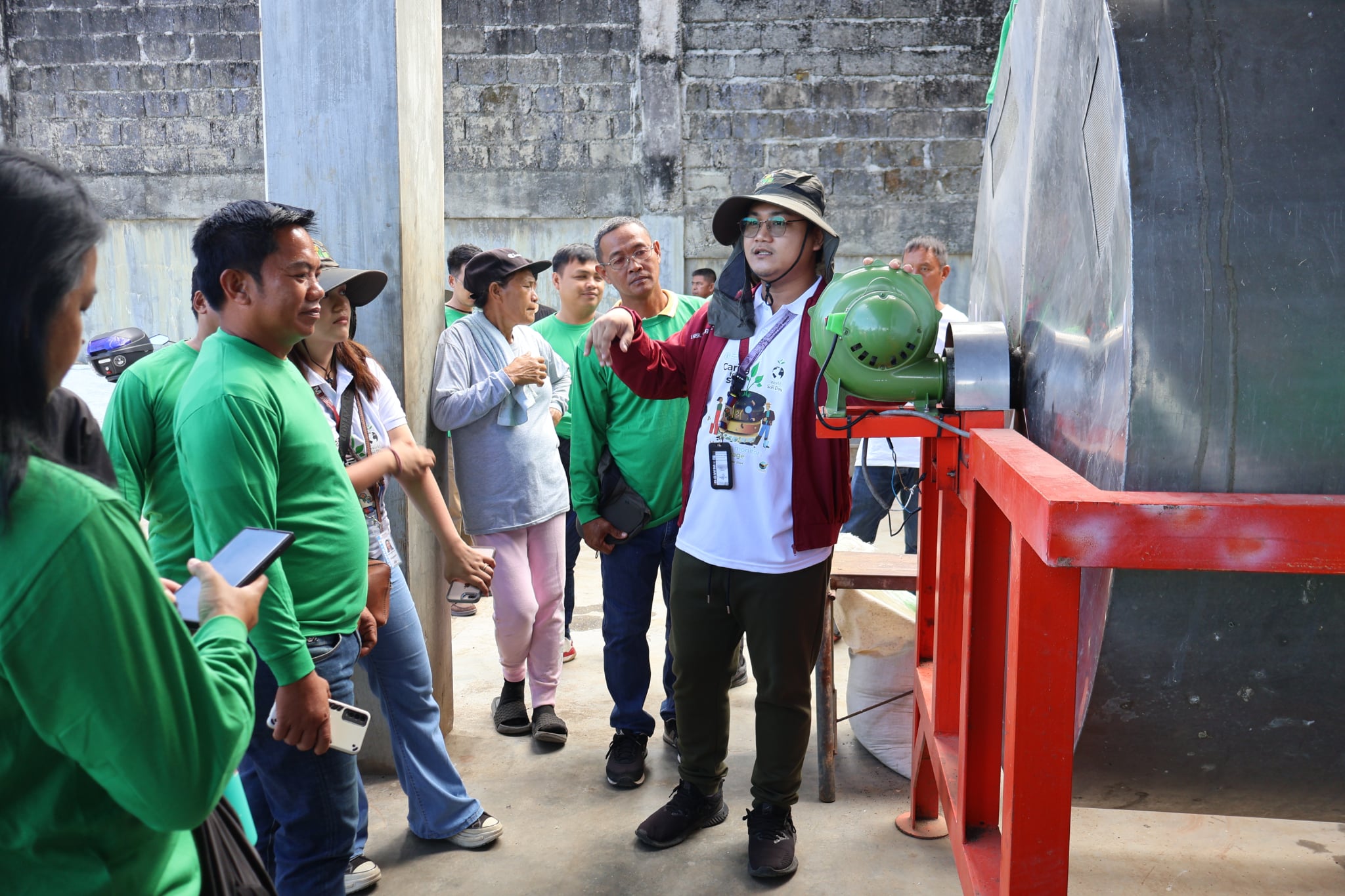
Furthermore, participants were enhanced with new learnings and capabilities on the utilization, value-adding, and management of wastes. Hands-on activities were performed during the training, such as concoction making, discussed by Ms. Jennilyn V. Pablo, OA Focal Person of ATI-RTC 02. She also emphasized the process of vermiculture and vermicomposting production. Further, Engr. Mc Reith C. Rodriguez and Ms. Arrianna Faye D. Tubiera of the DA-BSWM Central Office discussed CFBW project components, the production process, the roles of implementing partners, and the monitoring of CFBW operations.
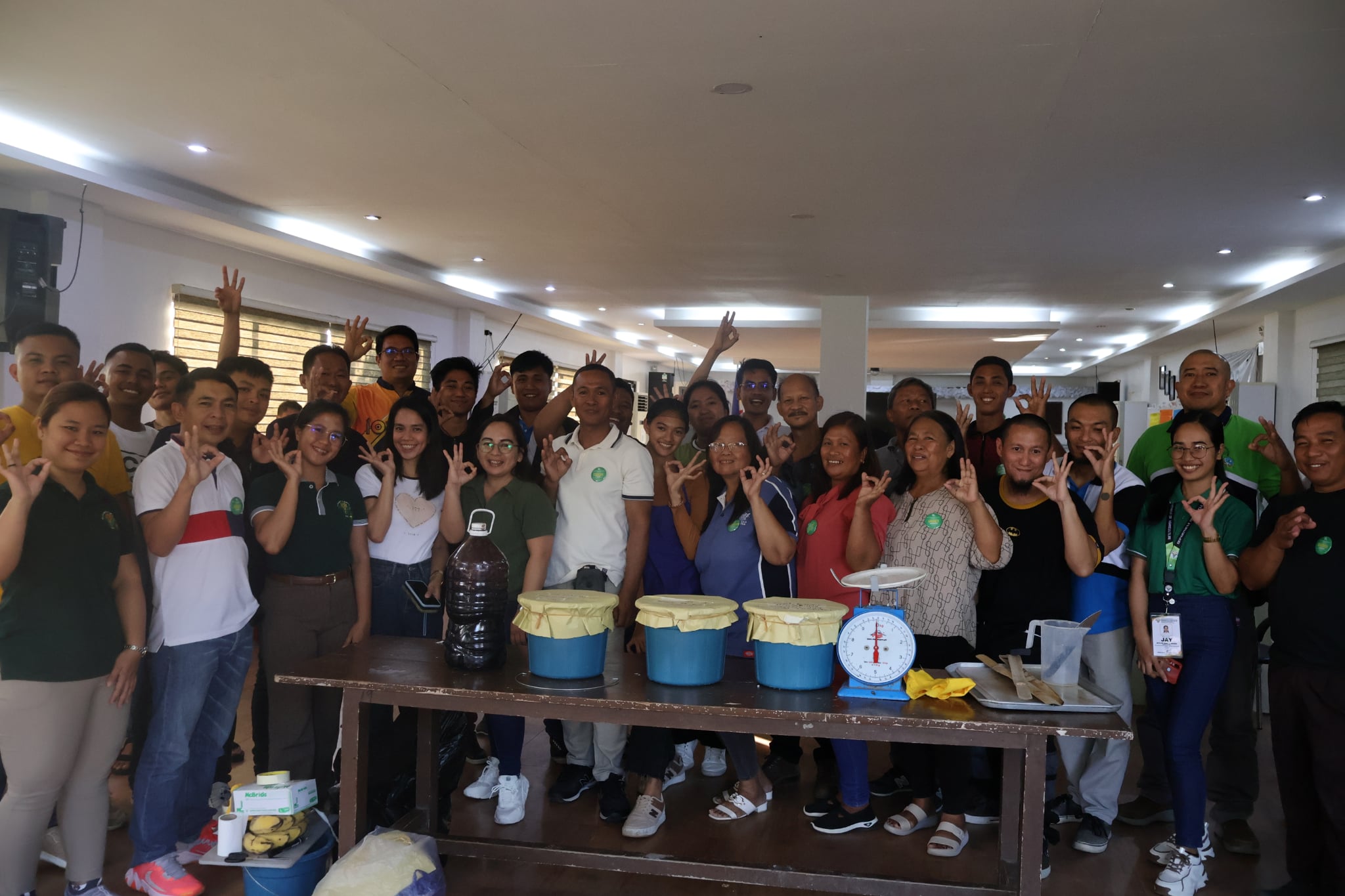
The participants were also able to do benchmarking activity at the City of Ilagan Cattle Raiser’s Association and the DA-Cagayan Valley Research Center-Annex Organic Farm and Vermi Production site of ISU - Roxas Campus.
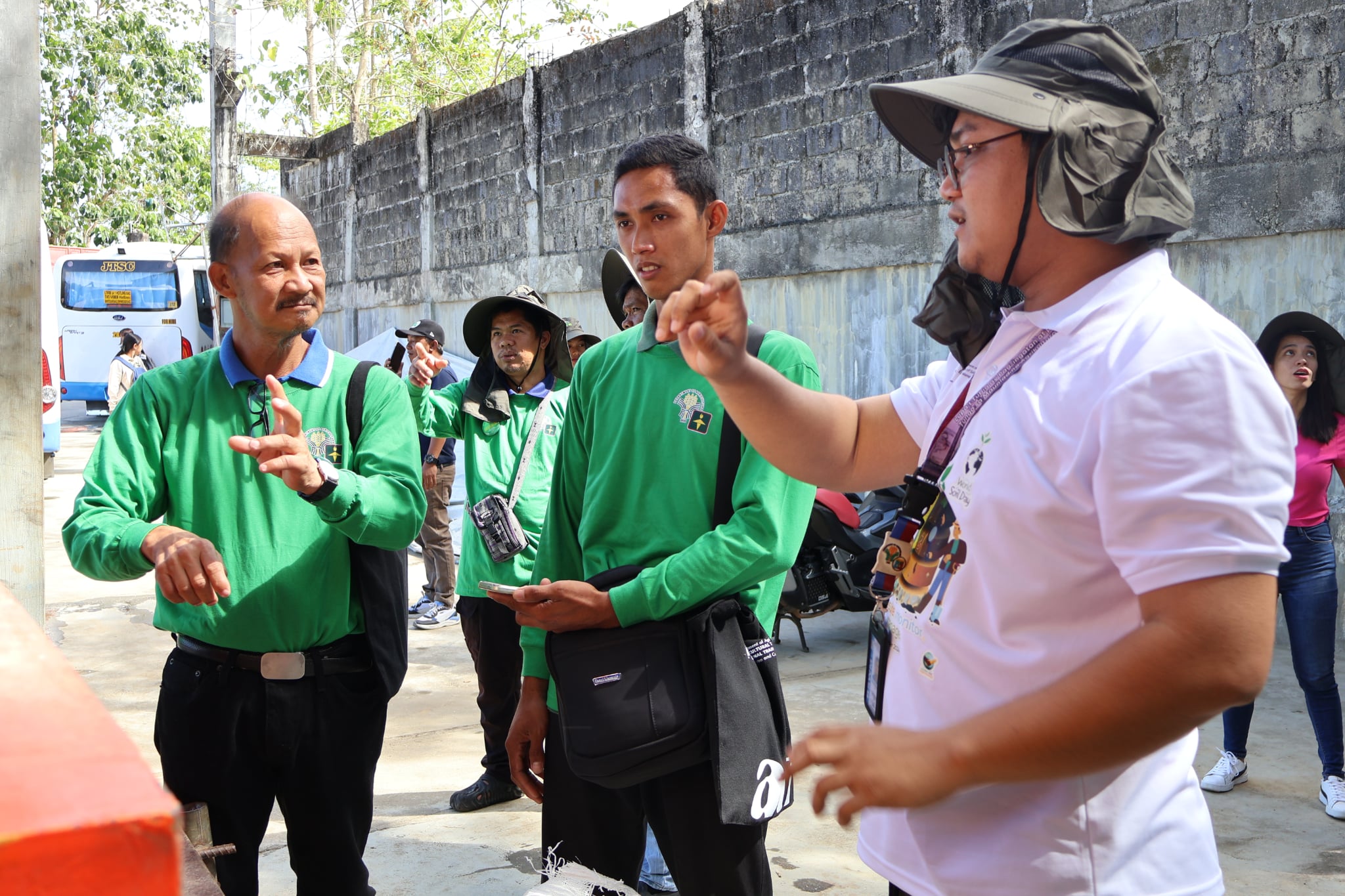
Pursuant to the provision of Section 27 of Republic Act 10068, known as the Organic Agriculture Act of 2010, and the Ecological Solid Waste Management Act of 2000, the Agricultural Training Institute recognizes the need to promote organic farming and proper waste management as a solution to the waste problem. Livestock waste can be utilized for biogas and compost production. It does not only solve waste problems, but it also generates profitability and sustainability of animal farm operations and minimizes environmental pollution.
~Planning, Monitoring and Evaluation Unit (PMEU)





